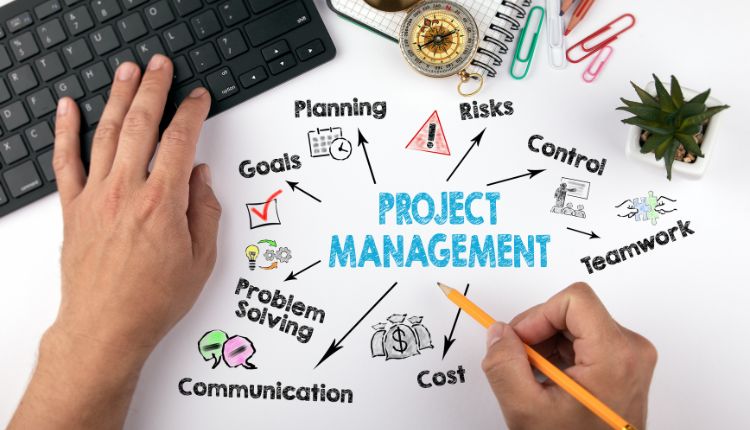In today’s fast-paced business environment, effective project management has become crucial for organizations to achieve their goals. Whether you’re launching a new product, implementing a system upgrade, or organizing an event, your project’s success depends on careful planning and execution. In this article, we’ll highlight some key project management strategies that you can utilize to improve success.
Build a Strong Project Team
There are several important factors to consider when building your project team. First, you need to select motivated and experienced team leaders with the skills necessary to oversee the project. Additionally, it’s essential to create an environment that fosters strong communication and collaboration among team members. With these qualities, your team can be more efficient, produce higher quality deliverables, and have a smoother overall project experience.
Define Project Goals and Objectives
The next step towards successful project management is defining clear goals and objectives. This can include identifying desired outcomes, establishing measurable goals, and defining the project’s purpose and scope. Clear goals provide a roadmap for the entire team and support better decision-making throughout the project.
Create a Detailed Project Plan
A detailed project plan acts as a guide–outlining timelines and milestones, resources, tasks, deliverables, and other essentials. Additionally, a comprehensive plan can help you anticipate potential bottlenecks, assign resources effectively, and stick to your timeline. Keep in mind that it’s critical to periodically review and update the project plan, as needed, to accommodate changes.
Keep Stakeholders in the Loop
Effective communication with stakeholders is essential for successful project management. You can achieve this via regular updates, such as progress reports, meetings, or project management software. By keeping key stakeholders informed and engaged you can build trust, manage expectations, and avoid miscommunications.
Practice Proactive Risk Management
While every project has inherent risks and challenges, proactive risk management can allow you to mitigate potential issues. To do this, conduct a detailed risk assessment to identify possible problems and evaluate their impact on your project. With this information, you can create contingency plans and procedures to monitor and reduce risks.
Regularly Monitor and Evaluate Your Progress
By keeping close tabs on your project, you can track progress, note deviations from the original plan, and make adjustments as needed. To help gauge progress, develop key performance indicators (KPIs) that align with the goals of your project. Additionally, through the use of project management and time tracking software, you can record detailed data related to tasks, timelines, and utilization of resources. Having these insights will enable your team to implement changes, as needed, and improve efficiencies.
In summary, successful project management is achieved by utilizing multiple strategies together. By implementing clear project goals and a plan, strong and frequent communication, and continuous monitoring and realignments of your project, you can substantially improve the success of your initiative.
Ready to discover more efficiency in your business? Try time tracking for free now with Timesheets.com.




